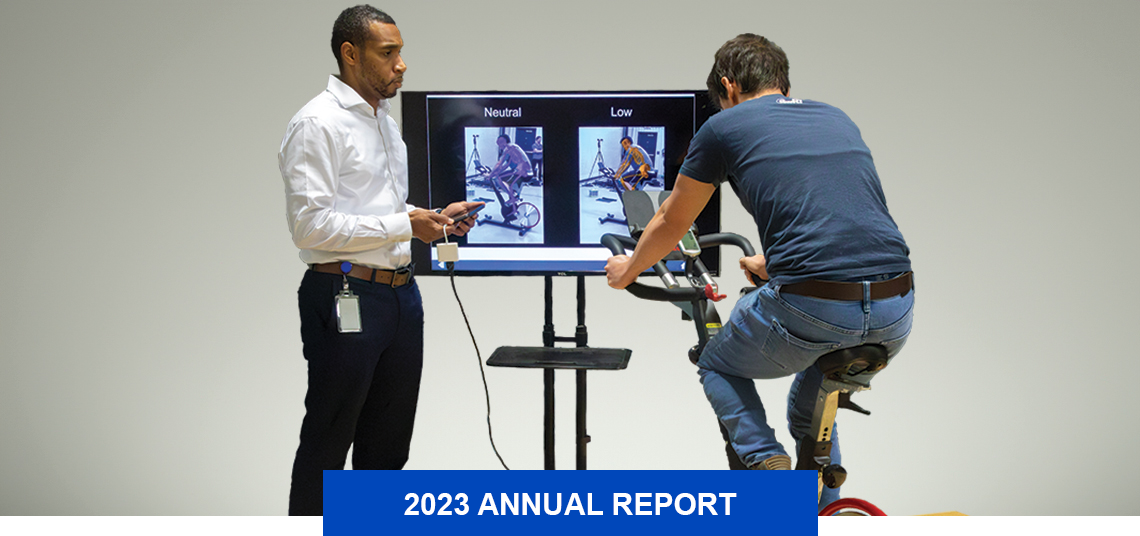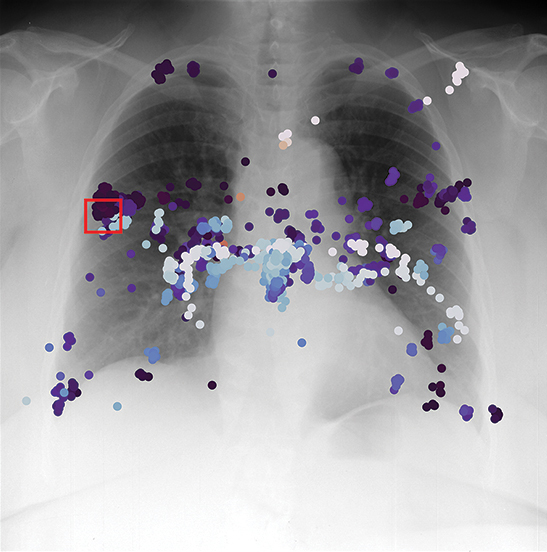
About the Header
A new Human Performance Laboratory features a markerless motion capture system that allows SwRI to develop advanced biomechanical analysis tools with machine vision algorithms and data analytics.
Southwest Research Institute supports the biomedical and health care industry, developing biomaterials and pharmaceuticals while supporting human performance, product evaluation and food safety studies.
An internally funded research project launched the development of a perfusion-based bioreactor platform to manufacture biopharmaceuticals such as CAR-T cells, stem cells, exosomes and viral vector vaccines. SwRI licensed the technology to a third party in the CAR-T cell field. We are also working with other biomanufacturing companies to license the technology for other fields of use. SwRI continues to develop the technology as well as the enabling methodology to use it, including the ability to produce induced pluripotent stem cells, which are reprogrammed animal and human differentiated cells that can be transformed into multiple cell types.
SwRI has developed several promising compounds as broad-spectrum antivirals targeting hemorrhagic fevers, including the Ebola, Marburg and Sudan strains. Chemists used SwRI’s proprietary Rhodium™ 3D modeling software to produce a pharmacophore model, the ensemble of features and structures needed to interact with a specific viral target and inhibit its ability to infect a host. Powered by artificial intelligence, Rhodium virtually screened millions of possible compounds, identifying 88 that were synthesized for testing. Three compounds exhibited sufficient potency to warrant scale-up and testing for safety and efficacy, helping SwRI close in on an effective treatment for these deadly diseases.

SwRI develops technology to support medical professionals, including an algorithm that identifies radiologist fatigue using gaze data. Colored spots represent gaze points, while the red square is the area that should receive the most attention.
